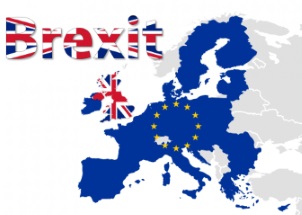Brexit in History: Sovereignty or a European Union

Date
8 March 2019
Location
Egmont Institute
The Egmont Institute organised an Egmont Working Lunch on 8 March 2019 with Prof. Dr. Alexander Mattelaer and Prof. Dr. Beatrice Heuser and closing remarks by Johan Verbeke.
Are Europeans hard-wired for conflict? Given the enmities that wracked the Greek city-states, or the Valois, Bourbons and Habsburgs, it seems undeniable. The Holy Roman Empire promised peace, but collapsed before it could deliver it, while rival rulers counter-balanced its power by stressing their own soverigen independence. Yet, since Antiquity, there has also been a yearning for the rule of law, the Pax Romana. For seven centuries, Europe’s philosophers and diplomats have sought to build institutions of compromise between the unrestricted competition of nation-states and the universal monarchy of the old empires: a confederation whose representatives would meet to resolve differences. These ambitions have at least partially been realised in a progression of multilateral solutions: the Congress System, the League of Nations, the United Nations, and the European Union. But, with the United Kingdom’s vote to leave the EU, state soverignty seems to be pushing back Europe’ and fierce insistence on state soverignty remain live issues in today’s politics. To explain more recent events, Professor Beatrice Heuser will chart the history and culture underpinning this age-old tension between two systems of international affairs.
Prof. Beatrice Heuser is an historian and political scientist who holds the Chair of International Relations at the University of Glasgow.
This event is by invitation only.
(Photo credit: publicdomainpictures.net)